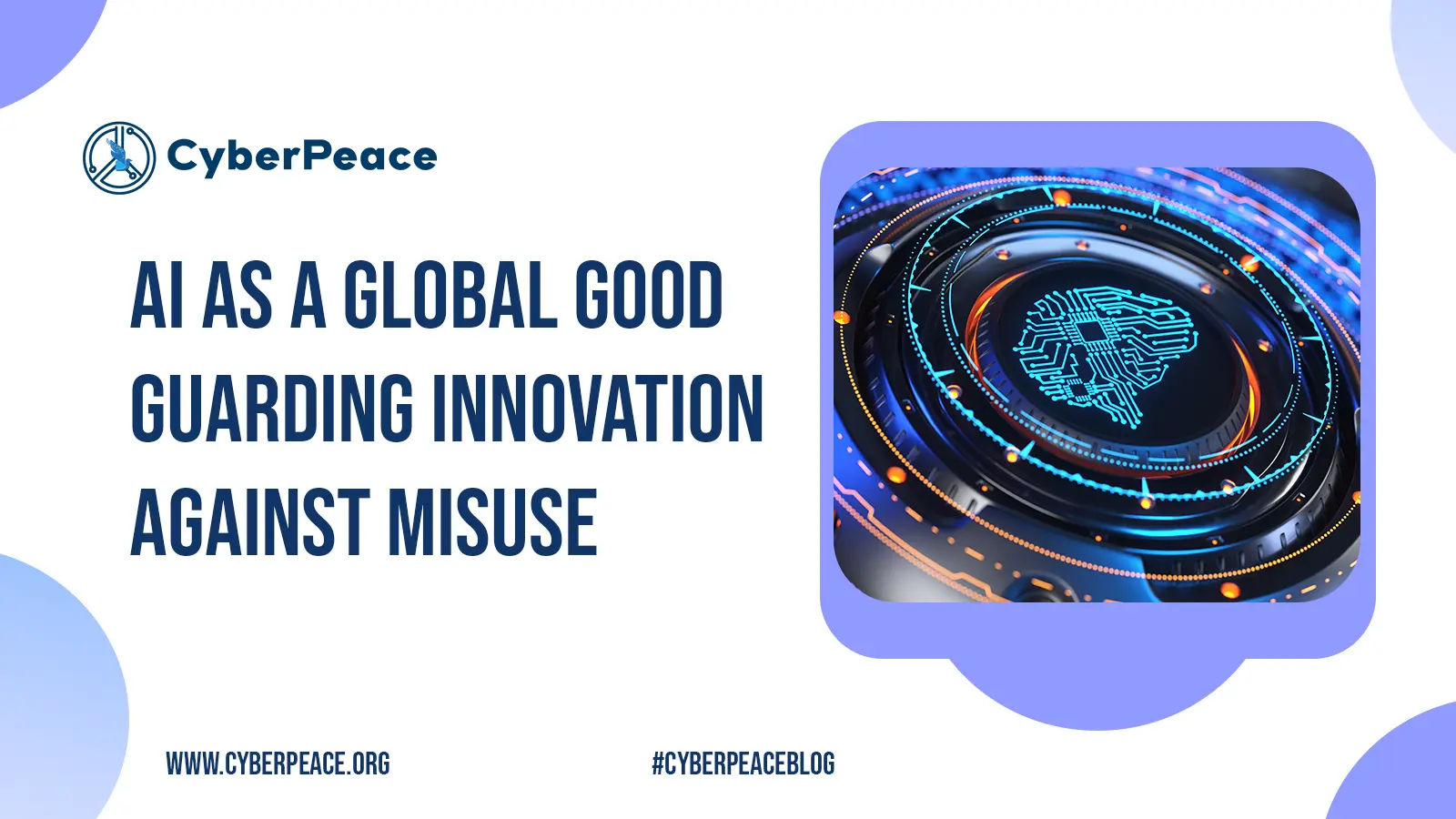Big Techs on DPDP and Indo-Japan MoC
Introduction
The most significant change seen in the Indian cyber laws this year was the passing of the Digital Personal Data Protection Act, 2023, in the parliament. DPDP Act is the first concrete form of legislation focusing on the protection of Digital Personal Data of Indian netizens in all aspects; the act is analogous to what GDPR is for Europe. The act lays down heavy compliance mandates for the intermediaries and data fiduciaries, this has made it difficult for the tech companies a lot of policy, legal and technical changes have to be made in order to implement the act to its complete efficiency. Recently, the big techs have addressed a letter to the Minister and Minister of State of Meity to extend the implementation timeline of the act. In other news, the union cabinet has given the green light for the much-awaited MoC with Japan focused on establishing a long-term Semiconductor Supply Chain Partnership.
Letter to Meity
The lobby of the big techs represented by a Trade Body named the Big Tech Asia Internet Coalition (AIC) this week wrote to the Ministry of Electronics and Information Technology (Meity), addressing it to the Minister Ashwini Vaishnav and Minister of State (MoS) Rajeev Chandershekhra recommending a 12-18 month extension on the implementation of the Digital Personal Data Protection Act. This request comes at a time when the government has been voicing its urgency to implement the act in order to safeguard Indian data at the earliest. The trade body represented big names, including Meta, Google, Microsoft, Apple and many more. These big techs essentially comprise the segment recognised under the DPDP as the Significant Data Fiduciaries due to the sheer volume of data processed, hosted, stored, etc. In the protective sense, the act has been designed to focus on preventing the exploitation of personal data of Indian netizens by the big techs, hence, they form an integral part of the Indian Data Ecosystem. The following reasons/complications concerning the implementation of the act were highlighted in the letter:
- Unrealistic Timelines: The AIC expressed that the current timeline for the implementation of the act seems unrealistic for the big techs to establish technological, policy and legal mechanisms to be in compliance with section 5 of the act, which talks about the Obligations of a Data Fiduciary and the particular notice to be shared with the data principles in accordance with the act.
- Technical Requirements: Members of AIC expressed that the duration for the implementation of the act is much less in comparison to the time required by the tech companies to set up/deploy relevant technical critical infrastructure, SoPs and capacity building for the same. This will cause a major hindrance in establishing the efficiency of the act.
- Data Rights: Right to Erasure, Correction, Deletion, Nominate, etc., are guaranteed under the DPDP, but the big techs are not sure about the efficient implementation of these rights and hence will need fundamental changes in the technology architecture of their platform, thus expressing concern of the early implementation of the act.
- Equivalency to GDPR: The DPDP is taken to be congruent to the European GDPR, but the DPDP focuses on a few more aspects, such as cross-border data flow and compliance mandates for the right to erasure, hence a lot of GDPR-compliant big techs also need to establish more robust mechanisms to maintain compliance to Indian DPDP.
Indo-Japan MoC
A Memorandum of Cooperation (MoC) on the Japan-India Semiconductor Supply Chain Partnership was signed in July 2023 between the Ministry of Electronics and Information Technology (MeitY) of India and the Ministry of Economy, Trade and Industry (METI) of Japan. This information was shared with the Union Cabinet, which is led by Prime Minister Narendra Modi. The Ministry of Commerce (MoC) aims to expand collaboration between Japan and India in order to improve the semiconductor supply chain. This is because semiconductors are critical to the development of industries and digital technologies. The Parties agree that the MoC will take effect on the date of signature and be in effect for five years. Bilateral cooperation on business-to-business and G2G levels on ways to develop a robust semiconductor supply chain and make use of complementary skills. The cooperation is aimed at harnessing indigenous talent and creating opportunities for higher employment avenues.
MeitY's purpose also includes promoting international cooperation within bilateral and regional frameworks in the frontier and emerging fields of information technology. MeitY has engaged in Memorandums of Understanding (MoUs), Memorandums of Covenants (MoCs), and Agreements with counterpart organisations/agencies of other nations with the aim of fostering bilateral collaboration and information sharing. Additionally, MeitY aims to establish supply chain resilience, which would enable India to become a reliable partner. An additional step towards mutually advantageous semiconductor-related commercial prospects and collaborations between India & Japan is the strengthening of mutual collaboration between Japanese and Indian enterprises through this Memorandum of Understanding. The “India-Japan Digital Partnership” (IJDP), which was introduced during PM Modi's October 2018 visit to Japan, was created in light of the two countries' complementary and synergistic efforts. Its goal is to advance both current areas of cooperation and new initiatives within the scope of S&T/ICT cooperation, with a particular emphasis on “Digital ICT Technologies."
Conclusion
As we move ahead into the digital age, it is pertinent to be aware and educated about the latest technological advancements, new forms of cybercrimes and threats and legal aspects of digital rights and responsibilities, whether it is the recommendation to extend the implementation of DPDP or the Indo-Japan MoC, both of these instances impact the Indian netizen and his/her interests. Hence, the indigenous netizen needs to develop a keen interest in the protection of the Indian cyber-ecosystem to create a safer future. In our war against technology, our best weapon is technology and awareness, thus implementing the same in our daily digital lifestyles and routines is a must.
References
- https://www.eetindia.co.in/cabinet-approves-moc-on-japan-india-semiconductor-supply-chain-partnership/
- https://www.moneycontrol.com/news/business/startup/trade-body-representing-big-tech-urges-govt-to-extend-dpdp-act-implementation-by-1-5-years-11605431.html
- https://www.google.com/url?rct=j&sa=t&url=https://www.eetindia.co.in/cabinet-approves-moc-on-japan-india-semiconductor-supply-chain-partnership/&ct=ga&cd=CAEYACoTOTI3Mzg4NzEyODgwMjI2ODk0MDIaOTBiYzUxNmI5YTRjYTE1NTpjb206ZW46VVM&usg=AOvVaw2lEO7-cIBZ_ox1xV39LGLs





